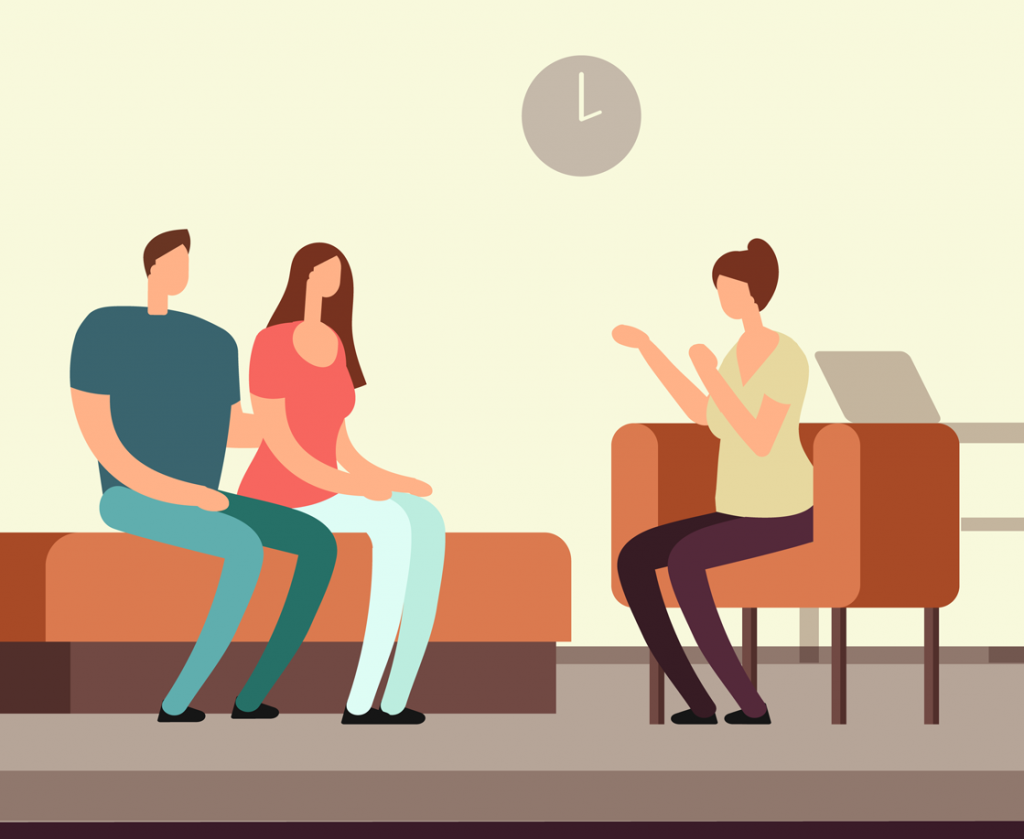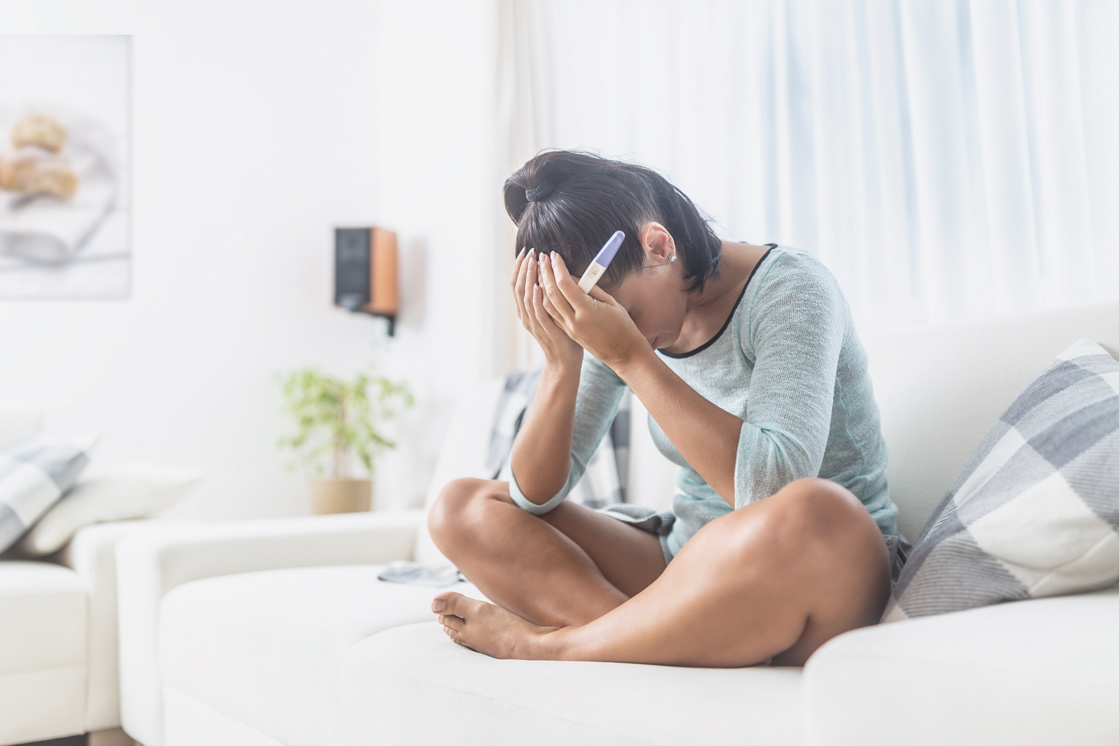If you’ve been trying to get pregnant for a few months and you’ve not conceived it’s likely you’ve already asked yourself the question: When should I see a fertility specialist?
Every month that passes with no positive pregnancy test can feel like a blow. In this month’s blog Dr Amin Gorgy, Fertility Consultant and Co-Director at The Fertility & Gynaecology Academy shares his advice on when it’s time to get checked for possible fertility issues.
“Taking the first step and considering that something may be preventing you from getting pregnant can be very difficult, so if you’re reading this, well done. From here, the next step is to book in to see a fertility specialist. Although this can feel like a scary leap, it doesn’t necessarily mean that something is wrong, but being proactive about your fertility can help you achieve pregnancy sooner.” explains Dr Gorgy.
For example, there are many lifestyle factors that can influence your fertility like weight, smoking, diet and alcohol consumption that can all impact your likelihood of conception and making adjustments to these elements of your life could have just the desired effect.
If you’re feeling nervous, you’re not alone. We understand that seeking help for fertility problems can be emotional and stressful, but here at The Fertility & Gynaecology Academy in London, we have a personal and compassionate approach to make you feel as comfortable as possible. Our close-knit, friendly team is very understanding and you can talk to us in 100% confidence. We hold regular fertility open days and open evenings to give you a chance to meet the team, experience the clinic and ensure you feel at ease.
How long does it take to get pregnant?
84 in 100 will fall pregnant within 12 months of trying if they are not using contraception and are having sex on a regular basis (every 2-3 days). It’s not unusual for it to take 12 months for couples to get pregnant. That being said, fertility problems do affect 1 in 7 couples in the UK, according to the National Institute for Care and Excellence (NICE).
Dr Gorgy adds: “The amount of time it takes to get pregnant will vary between individuals – no two women are exactly the same; many factors can influence your chance of conceiving, including your health (general and reproductive), medical history, age and how often you have sex.”
What does a fertility specialist do?
A Fertility Specialist – also known as a Fertility Doctor or Fertility Consultant – diagnoses and treats issues preventing individuals and couples from getting pregnant. Using a series of tests and investigative methods, they will be able to uncover any issues that are stopping you from conceiving. If any issues are found, they will work with you to treat these issues and help you achieve your dream of having a baby.
When is it time to see a fertility doctor?
Dr Gorgy explains: “As we know, age has a considerable effect on the decline of a woman’s fertility – as a woman’s age increases her fertility declines. According to the advice of the Centre for Disease Control (CDC) in the USA, the recommended time to seek advice differs depending on this. If you’re under 34 and have been trying for 12 months without success, it’s time to seek advice. If you’re age 35-38 the recommended period is six months. However, if you’re 39 and over or have a reason to be concerned about your fertility – perhaps you’ve had cancer treatment or have had an STI – it’s recommended to seek advice after three months.”
Some reasons other reasons you may want to seek help right away include:
- If you don’t have a period.
- If you have Polycystic Ovary Syndrome (PCOS).
- If you have Endometriosis.
- If you’ve had multiple miscarriages (two or more).
- If you have any health conditions related to your thyroid.
- If your BMI is below 18 or over 30 BMI this can impact your ovulation.
Will I need a fertility test?
If you’re having trouble conceiving, it is highly likely you will be asked to take a fertility test. A fertility test can give a good indication of your fertility potential, the health of your reproductive system and ovarian reserve, and should be able to indicate if there are any underlying issues which could cause problems.
For further reading, you may like to read our blog post Do I Need A Fertility Test? Where applicable we recommend that both partners undergo fertility tests as male factor alone accounts for between 20-30% of fertility issues. This allows for all possible options to be considered. Unfortunately for some, unexplained infertility happens in around 25% of cases; this is when no reason can be found for the infertility.
Worrying about when you’ll become pregnant can be stressful, but knowledge is power and here at The Fertility & Gynaecology Academy we advocate that all our patients take time to do their own research into fertility clinics and their treatment options. Read our article on choosing the right fertility clinic to help explain what to look for (it’s not just IVF success rates!).
Once you’ve made the decision about which Fertility Consultant or fertility clinic you’d like to go with, before your first consultation, we recommend writing down any questions you have in advance so you can feel confident you’ve discussed everything you wanted. And remember, all questions are valid and important.
Whether you’ve been trying for 12 months or 12 years, Dr Gorgy and the team at The Fertility & Gynaecology Academy have helped lots of individuals and couples achieve their dream of having a baby. We look forward to welcoming you to the clinic.
To ask any questions or book an initial consultation at The Fertility & Gynaecology Academy in London, call our admin team on 020 7224 1880. Alternatively, visit our website for more information.







